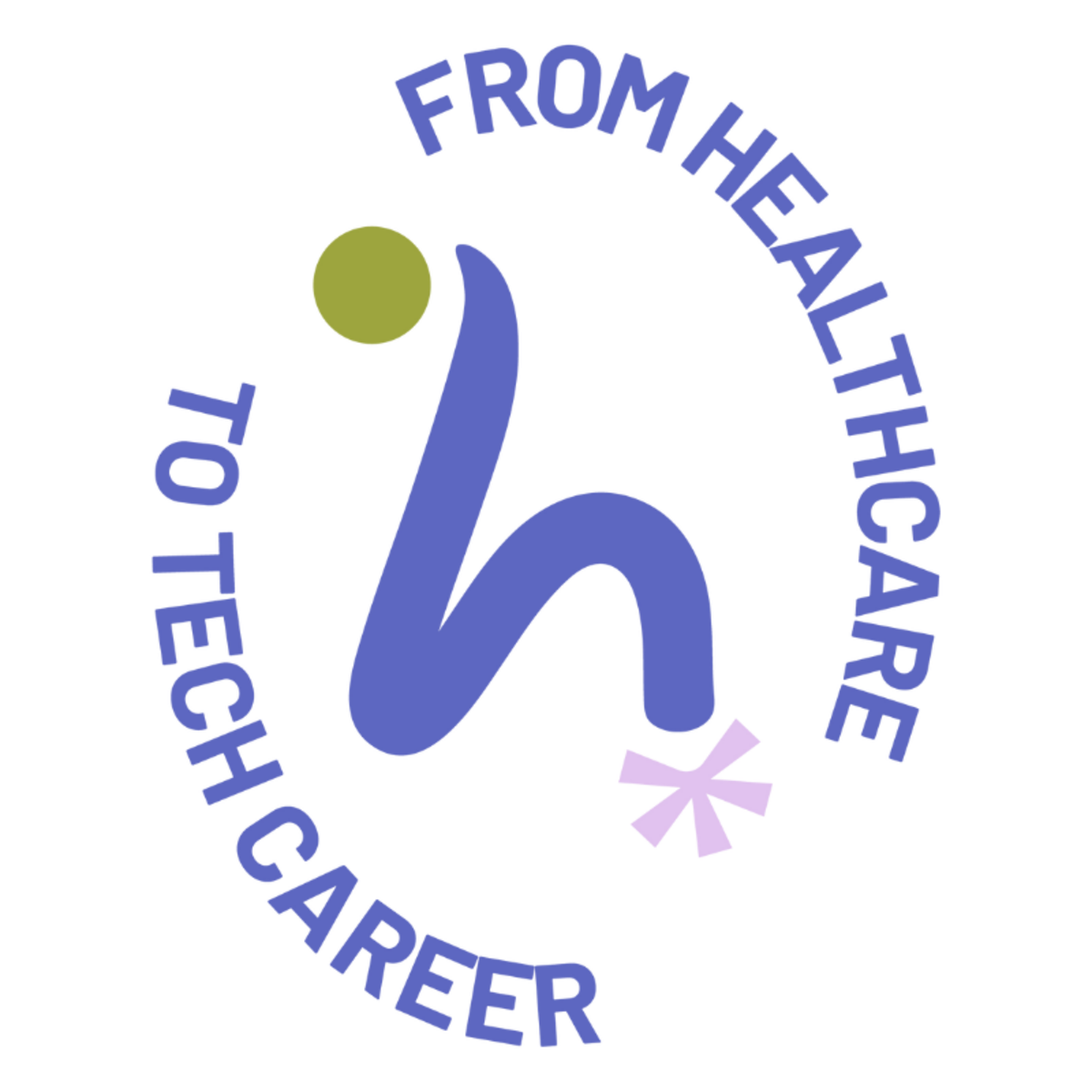Hey Health Techies!
I have two exciting announcements in today’s newsletter. 😀
The first?
This one is for you. Next week I’m hosting a free challenge for those of you that are still looking to narrow down your nonclinical role options in health tech. It’s way too easy to get overwhelmed with where to get started in a career pivot, and I’m here to help with that. The goal? By the end of the week, you’re able to pinpoint the nonclinical titles that align best with what you want out of the next phase of your career. Hope to see you there.
The second?
This one is for both of us…a win-win. I absolutely love bringing newsletter content to you every week (and I hope you love it too). I’m excited to announce that I have launched a referral program as a way to thank you when you share with a friend. Keeping the newsletter growing is the best way to ensure that I can keep the content coming.
Ok, back to our regularly scheduled content!
As many of you know, I’ve been running the Hey Health Tech job board for 2 years, and a lot has changed in the job market during that time. After reviewing 100+ recent job postings (with a little bit of ChatGPT’s help) across health tech companies, some clear patterns popped up — and if you’re thinking about making a career move, I hope these trends off some help as you navigate the current atmosphere. (Oh and remember if you still need help navigating don’t forget to join my free challenge next week!)
Here’s what I found:
💻 Remote work is still available
Gone are the days when remote healthcare roles were unicorn sightings, but they are harder to find than just a couple of years ago.
78% of the jobs I reviewed were either fully remote or remote-friendly. Now of course, this number is heavily impacted by selection bias because I only analyzed jobs on the Hey Health Tech Job Board, and I prioritize posting remote friendly jobs there.
I actually find quite a few on-site and hybrid options in my weekly searches for jobs to post, so if those are of interest to you too, please let me know and I’ll start posting more of those as well. In fact, when pivoting to a totally different type of role, I often recommend finding a convenient hybrid or on-site location. It’s often easier to ramp up to your new responsibilities when you’re working in person with your team.
🔥 The hottest roles for clinicians
Clinicians aren’t just being hired for telehealth visits anymore. Here’s where companies are placing bets:
Client Success Manager: Support patient or client onboarding and success after "go-live."
Clinical Operations Associate/Manager: Streamline workflows and optimize clinical services.
Clinical Product Manager: Build and refine tech products with clinician insight.
These roles are popping up often. People that know clinical workflows and can build trust with clinical users are highly valued.
🔑 The keywords that just keep showing up
Certain phrases kept popping up in job descriptions. Across all job titles, here’s what health tech recruiters seem to be scanning for:
Cross-functional collaboration
Process improvement
Patient-centered innovation
Quick tip:
Mirror these keywords naturally on your resume, and show don’t just tell. Make sure that your bullet points show how you exemplify the keywords that you’re seeing in the job description.
🛠️ Core requirements are no surprise
Most companies are looking for:
Clinical degree + 2–5 years of hands-on experience (for clinical roles)
Comfort with technology (EHRs, CRM systems, telehealth platforms)
Strong communication skills
If you’re tech-curious and you can explain things clearly to diverse teams? You’re already ahead.
🌟 Bonus skills that companies love
Beyond the basics, companies are loving candidates who can:
Interpret and work with data (even if it’s basic dashboards, not hardcore analytics)
Help redesign workflows and clinical processes
Understand basic UX principles (i.e., why a good app experience matters)
In short:
They're not just hiring people to do the work — they’re hiring people to improve the processes behind it and the foundational experiences for users.
💸 Salary trends
This is always a big question among clinicians interested in going nonclinical. Of course salaries vary based on experience level, company size, and location, but here's a bit of what you can expect based on recent postings:
Entry-level health tech roles: ~$80K–$100K/year
Mid-level operations/product roles: ~$100K–$150K/year
Senior leadership roles: ~$150K–$250K/year
🔮 The big picture
Clinicians who can think critically, collaborate across teams, and drive innovation are shaping the future of healthcare. And right now, there’s a fantastic window of opportunity to make the leap.
You don’t have to leave healthcare. You just have to find a way to position your skills to move you forward with new tools, new models, and your unique clinical perspective.
The companies that succeed in the next decade will be the ones who had clinicians like you in the room from day one.
📰 Weekly Wrap-up
Yale New Haven Health data breach impacts millions
Brightline opens first in-person clinic to provide kids’ mental health services
📌 Job Board
Don’t miss these open roles 👀
Client Success Manager, PBM - Rightway
Senior Product Manager - 9am Health
Clinical Operations Associate - Mochi Health
and more!
Until next time,
Lauren
P.S. If you’re ready to make some moves in your career, remember to sign up for the free challenge I’m hosting next week! Everyday you’ll receive a prompt to move you forward in choosing the right role for you, and there’s even an option to upgrade for a call with me and a custom GPT to support you even more. Can’t wait to have you in the challenge!

